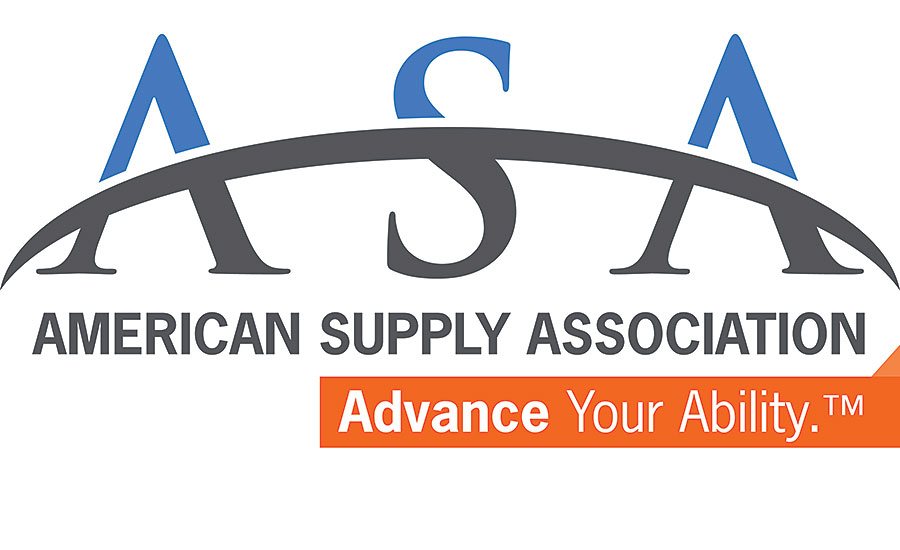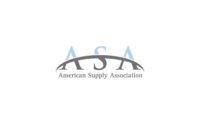ASA helps file Supreme Court brief related to showrooming

The American Supply Association (ASA) led several industry groups recently in filing an amicus curiae brief to the Supreme Court of the United States.
Joined by the American Lighting Association, the American Veterinary Association and other national associations, the brief was in support of a South Dakota case making its way to the high court.
An amicus curiae brief is written to bring to the court’s attention relevant matters not already brought to its attention by the parties in the case. ASA was asked to file a brief dealing with the burden placed on plumbing wholesalers by the practice known as showrooming, the ongoing trend of customers receiving the benefit of ASA members’ talented workforces, the measuring of and learning about products, only to customers make the purchase over the internet.
“As our members have long said, the investments made in showrooms as well as having a well-trained, dedicated staff knowledgeable of the latest trends is significant,” ASA Director of Government Affairs Dan Hilton said. “The business lost due to showrooming has a measurable impact on our communities, as the loss of revenue starves resources that belong to first responders, schools, and other stakeholders in state and local government.”
This September, the Supreme Court of South Dakota ruled in favor of internet seller Wayfair.com over the issue of online sales tax collection. Specifically, South Dakota, a state with no state income tax, passed a law extending the obligation to collect and remit sales tax to sellers with no physical presence in the state.
In response to a 1992 case in which the Supreme Court ruled in favor of Quill Corporation in Quill v. North Dakota, Justice Kennedy had opened the door to a legal challenge to the 25-year-old ruling. Predating the explosion of internet sales, the Supreme Court ruled that a business must have a physical presence in a state for that state to require it to collect sales taxes. However, the court explicitly stated that Congress can overrule the decision through legislation.
This is why Congress needs to pass a marketplace fairness act, which would allow states to close this loophole, ASA stressed. The Marketplace Fairness Act of 2017 would grant states the right to require out-of-state businesses, such as those selling online or through catalogs, collect state sales taxes on purchases sold into their states. Currently, states are unable to collect these taxes on purchases from remote businesses so the tax often is not paid. This sales tax loophole treats out-of-state retailers different than local brick-and-mortar businesses, creating a price disadvantage.
Looking for a reprint of this article?
From high-res PDFs to custom plaques, order your copy today!




